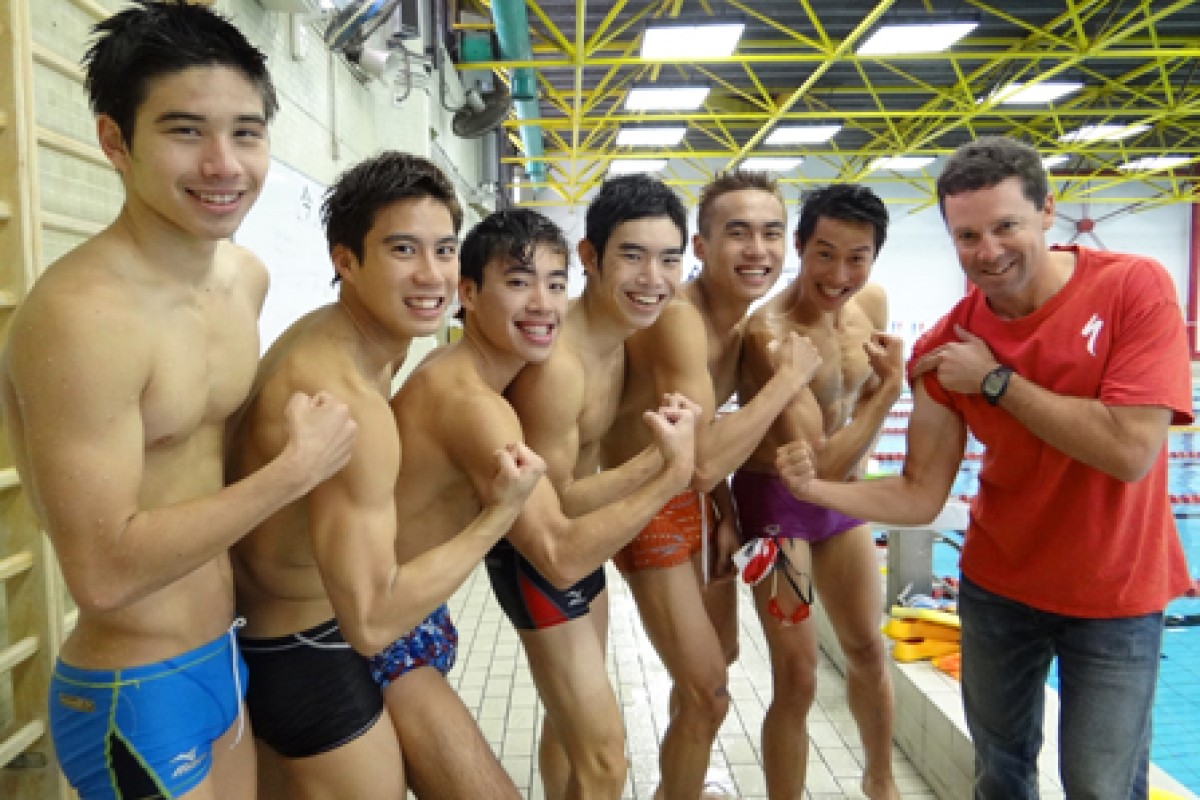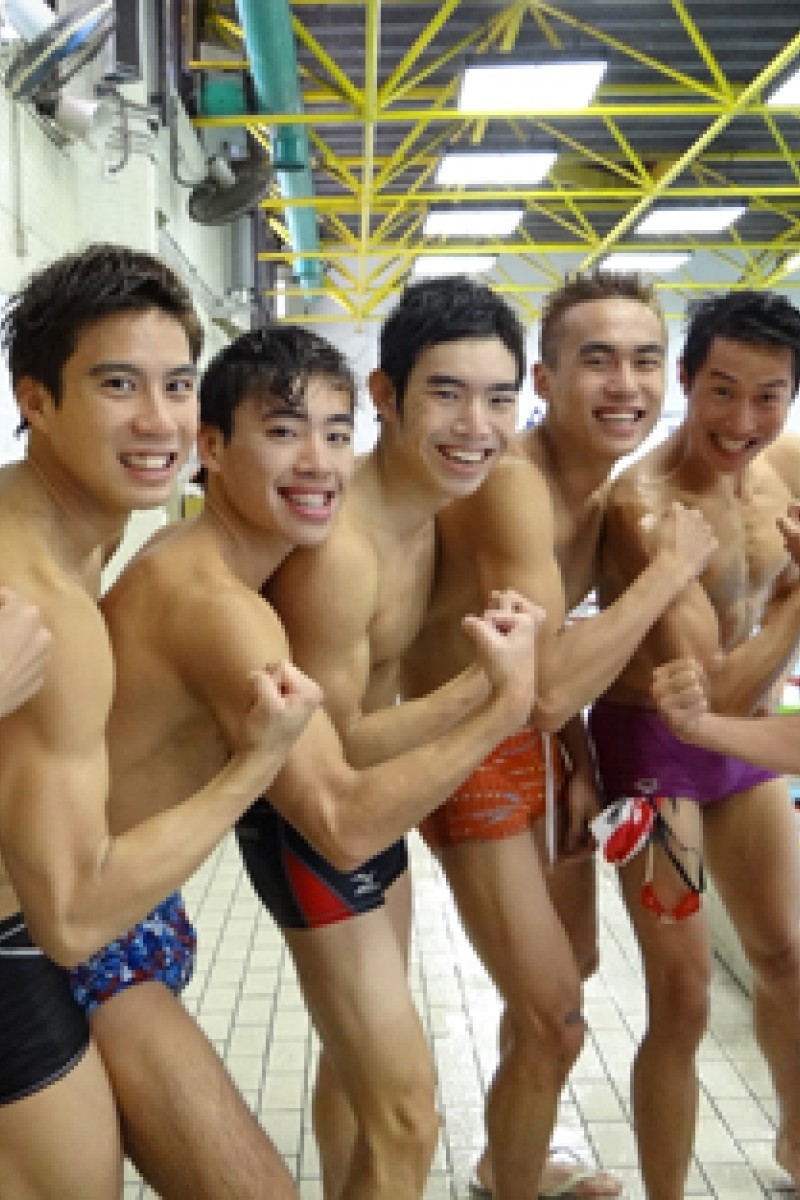
Kelly, who came to Hong Kong to take up retired head coach Ruth Hunt's post at the Hong Kong Sports Institute last September, wants to build a brand new culture among his boys and girls on the Hong Kong team.
"I want my team to acquire a culture of belief ... to always believe they can achieve more," he says. "The next stage is a culture of commitment, meaning they will put in more effort to gain what they believe they can achieve.
"And then, the culture of winning. This can only be achieved if athletes really believe in themselves and commit to doing well."
The development of triathlon in Hong Kong reached its peak when Daniel Lee Chi-wo and Tania Mak So-ning qualified for the men's and women's events, respectively, in the 2008 Beijing Olympics. And three years ago, triathlete Andrew Wright finished in the top eight at the Asian Games held in Guangzhou.
But when these three star athletes retired, the sport suffered a setback. It may even lose its elite status at the institute if the team does not score medals in future Asian Games and other major competitions.
This year's National Games and next year's Asian Games will be a crucial test for both the team and Kelly. But the 55-year-old Canadian says he is not afraid of the challenges ahead. "I have been coaching for the past three decades," he says. "I know how to improve my athletes. And in the past few months, I can tell my students here are getting better every day."
Kelly started his coaching career in 1983 in Canada, and moved to Japan to coach its national team from 1991 to 2003. He was the Canadian national coach before heading to Hong Kong.
His years of experience have helped him develop a master plan. First, he intends to boost the athletes' swimming skills, the weakest of the three legs for many of them. He enlisted the help of Neil Harvey, a swimming coach he worked with in Canada, to guide the local triathletes.
Kelly has also increased training hours for elite athletes. Full-time athletes have to train 26 to 30 hours per week, while juniors and part-timers must complete 15 to 18 hours. He also organised a 10-day training camp for juniors at Subic Bay in the Philippines during the Lunar New Year, and a four-week stint for full-time athletes in Brisbane, Australia.
The coach says he understands the academic pressure faced by the city's students. "I know that some student athletes have to travel for hours to come to the Sports Institute in Sha Tin for training after school," he says. "To encourage them to train more and reduce their travelling time, I am working with the Triathlon Association to set up satellite training centres in other districts."
He also hopes those who are taking the HKDSE exam will not suspend their training for months. "I hope they can come once or twice a week, because it will be very hard for them to pick up the sport again after the exam, if they put it aside for that long," Kelly says. "I will also work with the institute to give more academic support to our student athletes. Now we have tutors for them and we will think about further moves."
